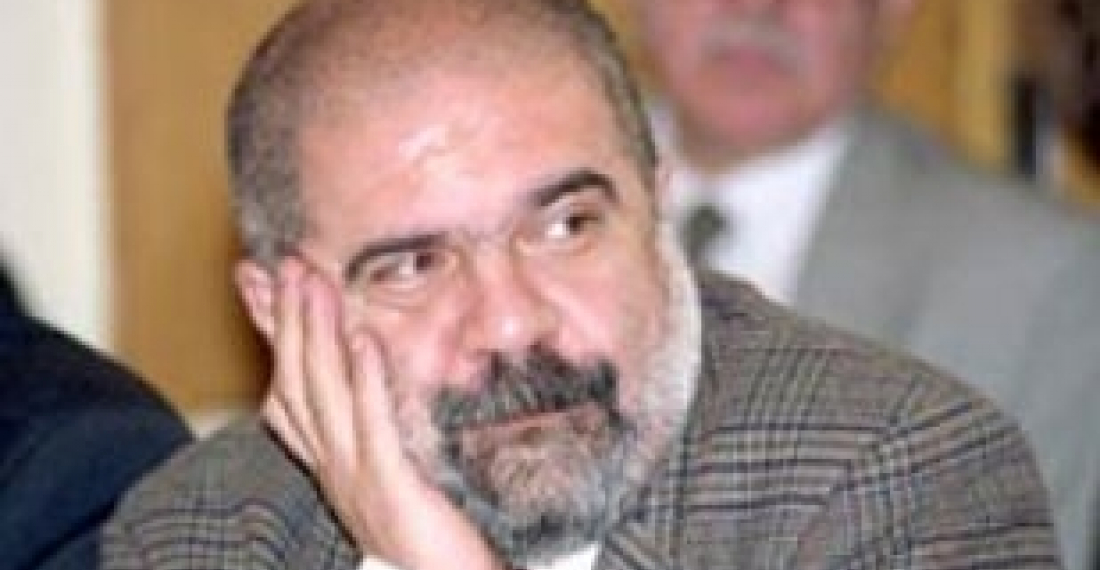Yerevan, December 24. ArmInfo.
No significant changes should be expected in the Karabakh peace process in the foreseeable future, Alexander Iskandaryan, Director of the Caucasus Institute, political expert, told media, on Monday.
He thinks that the status-quo will be maintained within several years. And the reason is not diplomatic efforts, he said, but the military, propagandist and lobbyist balance that cannot be changed within a year.
The political expert said that the officials of the conflicting countries will further hold meetings, but the format of the meetings, whether it will be presidents or foreign ministers, depends on the interests of Russia and other leading actors.
Summing up the results of the leaving year from the viewpoint of Armenia's foreign political achievements, Iskandaryan said that Yerevan has managed to wage an extremely careful and weighted policy in the context of the processes around Armenia - in the Middle East and Georgia.
As for the statements by Traian Hristea, Head of EU Delegation to Armenia, on the necessity of choosing between the EU and the Eurasian Union, Iskandaryan said that comparing these two organizations is like comparing "a nail and the moon." "EU is an existing organization with definite policy. It is one of the most determined political organizations in the world comparing to which Moscow's initiative of Eurasian integration looks quite vague. How can Armenia join something that does not exist yet? " Iskandaryan said rhetorically.
ArmInfo: No significant changes should be expected in the Karabakh peace process in the foreseeable future: political expert
ArmInfo: No significant changes should be expected in the Karabakh peace process in the foreseeable future: political expert







